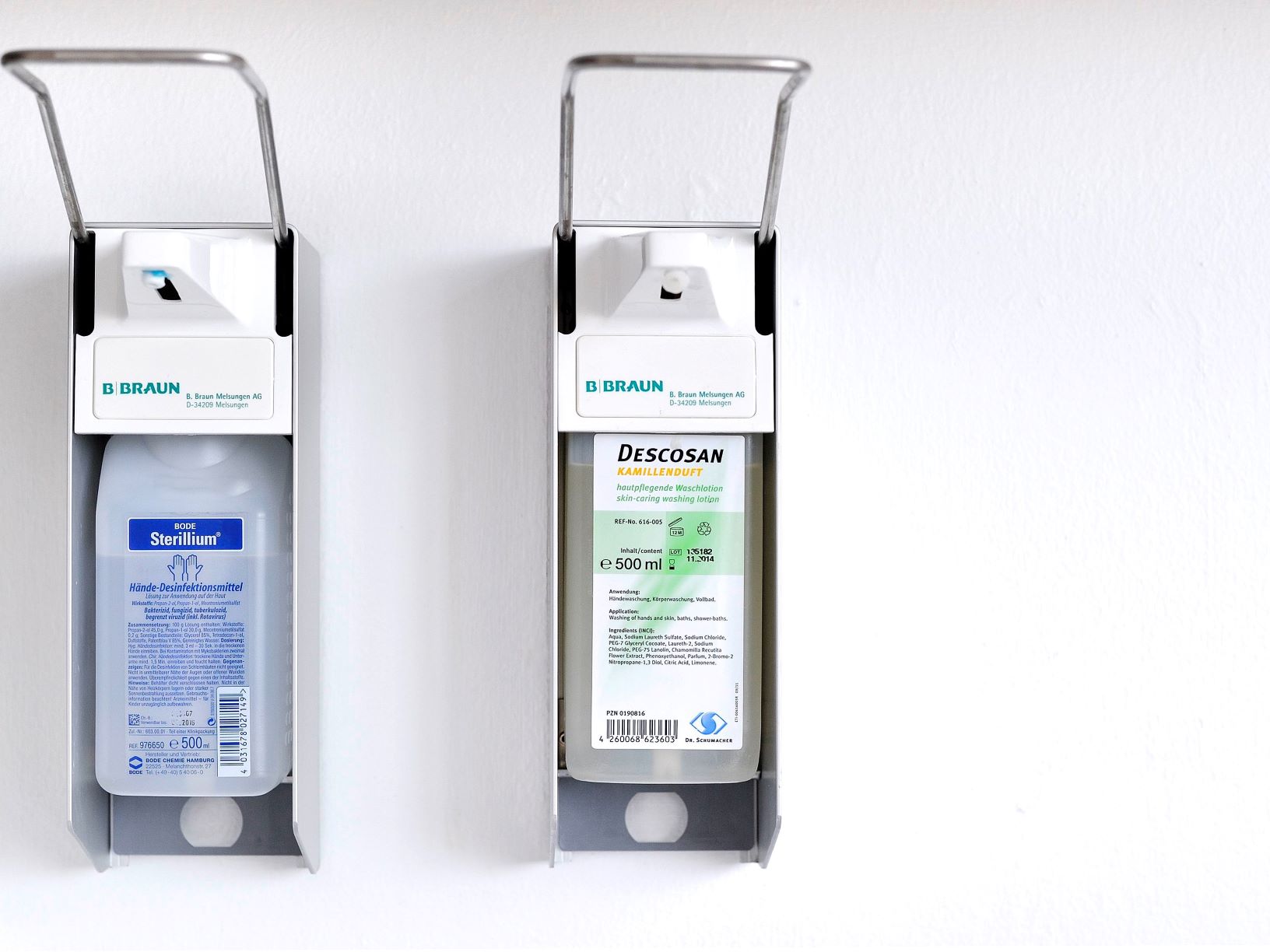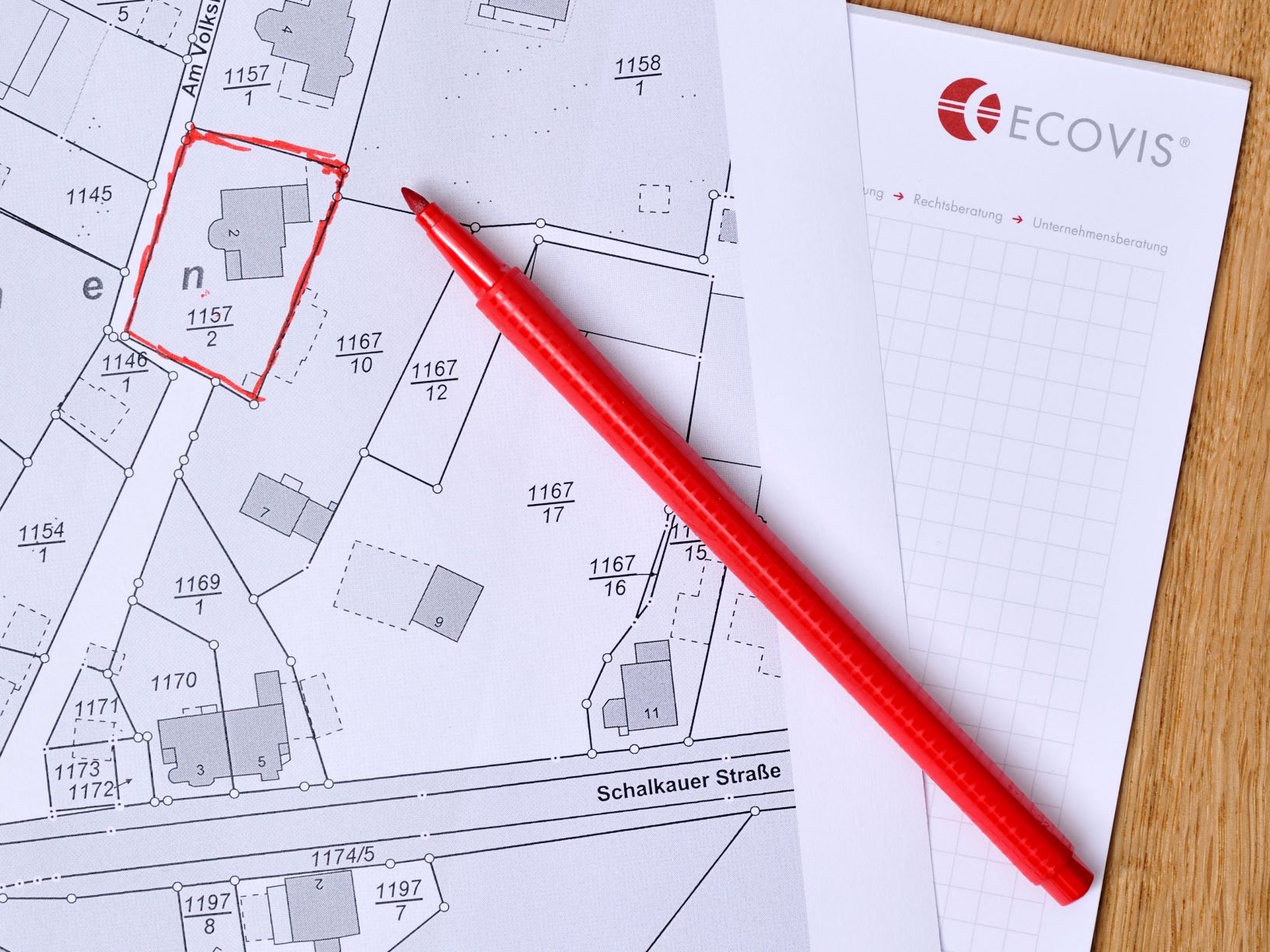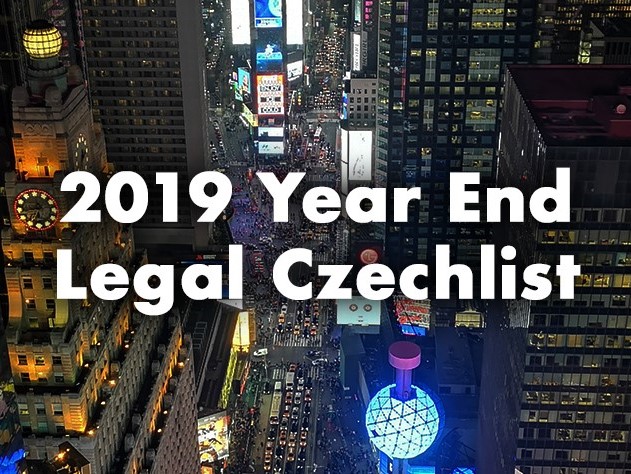Do you rent an apartment for short-term accommodation and you don't know what that might imply....
Definition and regulation of short-term accommodation
At first glance, Airbnb can generally be categorised as „short-term accommodation ". Definition of short-term accommodation (more precisely the lease) can only be found in the VAT Act in relation to an exemptions from tax on rental property. According to the VAT Act, a short-term lease of immovable property is a lease of land of which a building, structure or unit is part, together with internal movable equipment or the supply of gas, electricity, heat, cold or water, which lasts for a continuous period of not more than 48 hours. Long-term accommodation must last continuously for at least 48 hours, then the supply is exempt from VAT without the right to deduct tax.
Short-term accommodation for remuneration can also be categorised into different legal categories, under different laws and decrees determining, for example, charges on accommodation capacity or imposing specific obligations on accommodation providers, the violation of which is subject to sanctions. This text is a brief summary of the issues that Airbnb, its operators and all those affected by the service in some way have to deal with today or will most likely have to deal with in the near future.
Obligations of the Airbnb operator
First of all, it is necessary to deal with the question whether short-term accommodation can be considered as running a trade within the meaning of Act No. 455/1991 Coll., on trade business. Standard rent of real estate, flats and non-residential premises does not fall under trade business, but accommodation services (e.g. hotels or hostels) already do, including the provision of accommodation in flats or family houses (Government Decree No. 278/2008 Coll. further states that "in the case of accommodation in apartment houses, family houses or family recreation buildings with a capacity of up to ten beds including extra beds, serving breakfast to guests"), as required by Government Regulation No. 278/2008 Coll., on the content of individual activities. Airbnb can therefore logically fall into the category of accommodation services.
Accommodation services are naturally subject to tax and other obligations. The accommodation provider is obliged to report to the Trade Licensing Office the operation of the trade and pay the administrative fee, otherwise he commits an offence and is liable to a fine of up to CZK 500,000. In addition to the income tax, the accommodation provider is also obliged to pay a tax on the accommodation capacity to the city or municipality in the amount of up to CZK 6 for each bed and day used and at the same time keep a register for these purposes, or pay radio and television licence fees if it uses the receivers in the course of its business.
Furthermore, according to information from the Copyright Protection Association, if Airbnb operators have reproductive technical devices in the houses, apartments or rooms provided, they should pay fees for radio and television broadcasting or apply for a license to operate works to the OSA.
A separate chapter deals with the obligations of the accommodation provider under the Act on the Residence of Foreigners. For the purposes of the relevant Act, anyone who provides accommodation for payment or accommodates more than five foreigners shall be deemed to be an accommodation provider, unless they can be regarded as close persons. Every accommodation provider is then obliged to report the accommodation of a foreigner from a country outside the European Union to the police within three working days after the foreigner's accommodation as well as the obligation to keep a house register. An accommodation provider, who fails to comply with the obligations imposed by law is again guilty of an administrative offence with the threat of a fine of up to CZK 50,000, or up to CZK 5,000 if the offence is dealt with in block proceedings.
Can other legal classifications be considered?
On the other hand, it can be argued that Airbnb falls under the rental. As such, it could not be classified as a trade due to Section 3 (3) (ah) of the Trade Licensing Act, which explicitly excludes the rental of real estate, apartments and non-residential premises from the category of trades . At the same time, there would be a different situation of tax payments and etc.
In addition, it is also possible to encounter situations where Airbnb offers the service in the house, apartment or even just in the tenant's room, without the landlord's consent (the landlord's consent is required whenever the tenant does not live in the apartment permanently) or despite the landlord's explicit prohibition articulated in the lease agreement. In this case, of course, it is already a gross violation of the tenant's obligations and the landlord has the option to terminate the contractual relationship with the tenant.
Disturbance of neighbours, pollution of the premises or reduction in the value of the property
Operating short-term accommodation primarily in apartment buildings may also not fully suit the Airbnb operator's neighbours. If someone owns, for example, a nice and expensive apartment in a lucrative Prague location, they probably don't want anyone to have access to the house, noisy parties of short-term neighbours into the early hours of the morning can annoy them, in addition, it is problematic, if guests misbehave or even damage the common areas. Reduction in the safety of the house, noise, damage and pollution in the common areas of the house or on common equipment - broken elevators, locks, entrance doors, even flooding or theft in neighbouring apartments, violation of fire regulations, illegal hotel operations, violation of the obligation of hosts to report foreigners to the foreign police: all these can occur when operating an Airbnb. The most severe impact, however, is the reduction in the value of the property where the short-term accommodation operator is located.
How to allocate fees?
The association of unit owners (HOAs), on the other hand, often deal with what fees to charge per number of persons, or how to allocate the cost of services, if the owner of the housing unit operates an Airbnb. The new Civil Code states, that approval of the type of services and the amount of advances for their payment, as well as the method of charging for services per unit falls within the competence of the assembly of the association of unit owners. This is also confirmed by Act No. 67/2013 Coll., which regulates certain issues related to the provision of benefits associated with the use of flats and non-residential premises in houses with flats, which provides that the method of allocating the costs of services shall be decided by the assembly of the association of unit owners.
Only in the absence of a decision by assembly of the association of unit owners shall the cost of services be allocated in a different way – in a case of water supply and sewage disposal in proportion to the measured values at secondary water meters or according to the guideline figures for annual water demand, in the case of other services (such as elevator operation, lighting and cleaning of common areas, etc.) then according to the number of persons decisive for the allocation, considered to be the tenant or owner of the dwelling and persons who are likely to live with him/her for more than two months during the billing period. In the vast majority of cases, Airbnb users do not stay longer than two months, which could cause a problem with billing fees. However, since the association of unit owners has the legal ability to decide on the allocation at its discretion, as stated above, in practice, charges can be enforced for a specific number of people staying in the apartment or house.
Legal defence options
If the neighbour operating the Airbnb service is unable to discipline its guests, the owner of the apartment unit has the option of dealing with the situation in an adequate manner through legal means.
The type of ownership in which the Airbnb operator holds their house or apartment unit is always crucial. In the case of personal ownership, the owner may dispose of his apartment entirely at his own discretion, assuming, of course, that it complies with basic hygiene standards and does not disturb others. Cooperative housing already poses a certain barrier to short-term accommodation - co-operatives may choose in their statutes not to grant consent to sub-letting or short-term letting.
As far as unit owners are concerned, the Civil Code imposes, that whoever has acquired possession of the unit, they must give notice, including their address and the number of people who will have a household in the flat, to the unit owners, through the person responsible for the management of the building, no later than one month from the date on which they became aware or could have become aware, that they are the owner. In addition, the owner is obliged to notify without undue delay the person responsible for the management of the house of changes in the number of persons who have a household and live in the apartment for a period of at least three months in the calendar year.
However, guests staying through Airbnb cannot be considered as having a household in the unit, and, in the vast majority of cases, do not spend a period of time in the apartment equivalent to at least three months in a calendar year, therefore, they are not subject to the owner's notification obligation under that provision. In this case, therefore, the options for defending short-term neighbours and their landlords are limited to dealing with breaches of hygiene rules, disturbing the peace at night or obstructing or destroying common areas, or, for example, to resolve disputes concerning the allocation of fees mentioned above, violation of the statutes of the association of unit owners, disturbance of ownership, etc. As it follows from the law, the owner of the unit is obliged to comply with the rules for the management of the building and for the use of the common parts, as well as to ensure compliance with them by persons to whom he has granted access to the house or apartment.
As the operation of Airbnb raises many factual and legal issues, it is more than necessary that this service receives clear legal regulation soon. Until then, however, it will still be in a kind of legal limbo to some extent.
For more information, contact us at:
ECOVIS ježek, advokátní kancelář s.r.o.
Betlémské nám. 6
110 00 Praha 1
e-mail: mojmir.jezek@ecovislegal.cz
www.ecovislegal.cz
About ECOVIS ježek advokátní kancelář s.r.o.
The Czech law office in Prague ECOVIS ježek practices mainly in the area of Czech commercial law, Czech real estate law, representation at Czech courts, administrative bodies and arbitration courts, as well as Czech finance and banking law, and provides full-fledged advice in all areas, making it a suitable alternative for clients of international law offices. The international dimension of the Czech legal services provided is ensured through past experience and through co-operation with leading legal offices in most European countries, the US, and other jurisdictions. The Czech lawyers of the ECOVIS ježek team have many years of experience from leading international law offices and tax companies, in providing legal advice to multinational corporations, large Czech companies, but also to medium-sized companies and individual clients. For more information, go to www.ecovislegal.cz/en.
The information contained on this website is a legal advertisement. Do not consider anything on this website as legal advice and nothing on this website is an advocate-client relationship. Before discussing anything about what you read on these pages, arrange a legal consultation with us. Past results are not a guarantee of future results, and previous results do not indicate or predict future results. Each case is different and must be judged according to its own circumstances.














